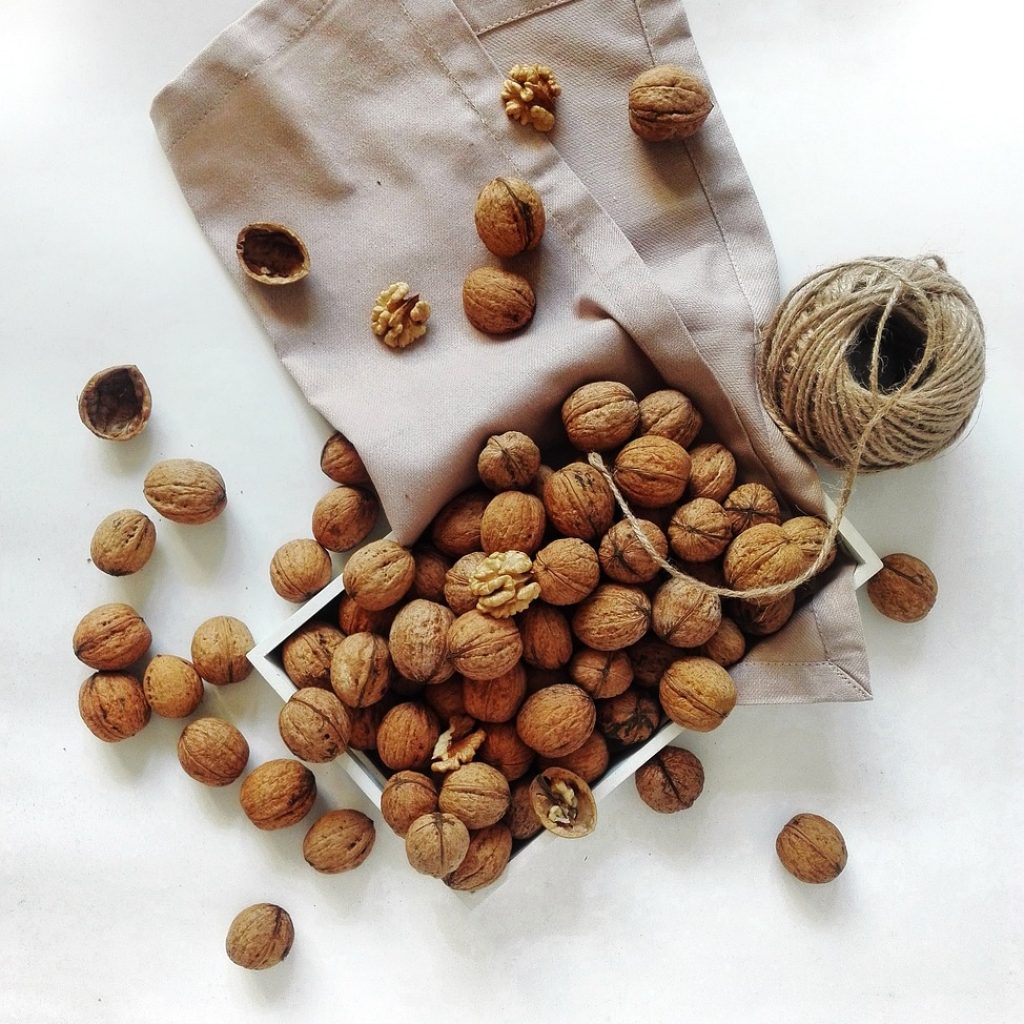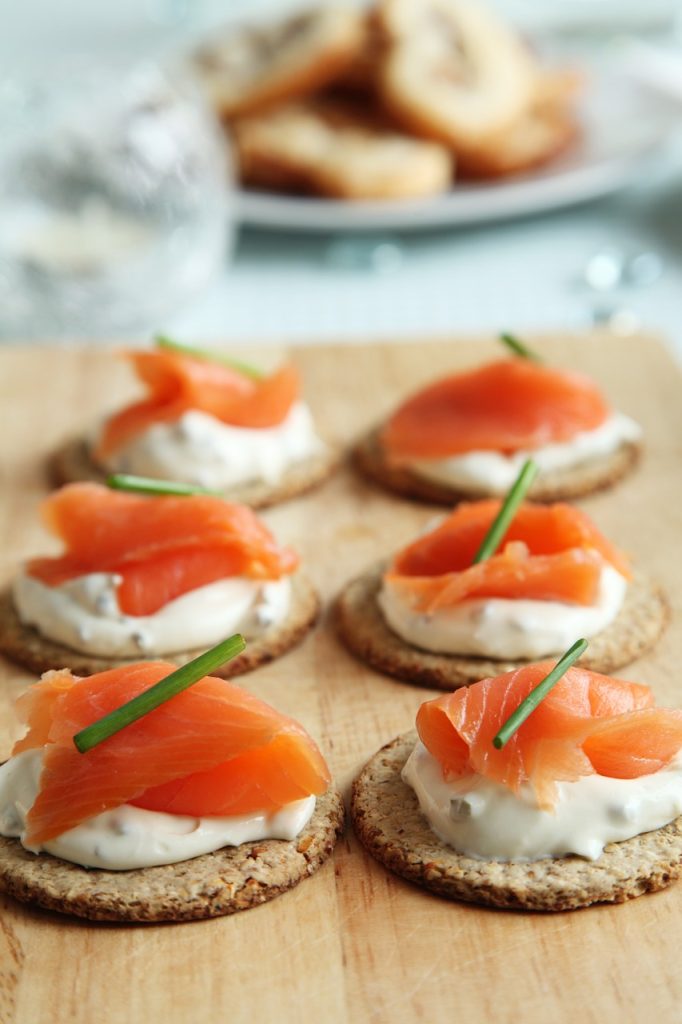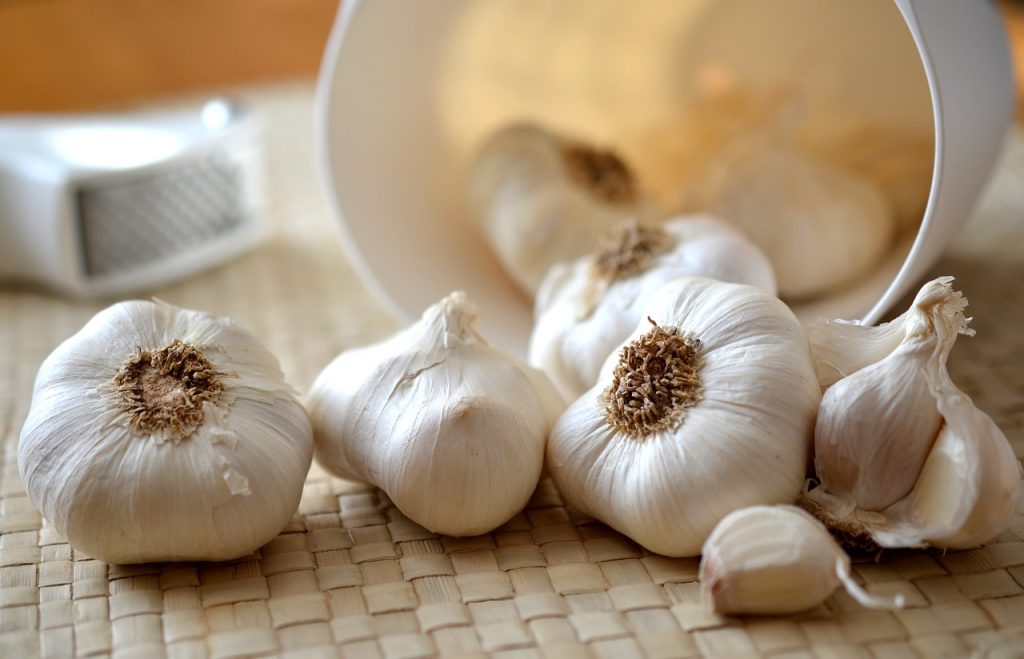What we eat not only impacts our physical health, but it also has an affect on our mental state. Did you know that 90% of serotonin, also known as the happiness hormone, is produced in our gut? This means our diet has a direct impact on our mood, and of course, our mental wellbeing. Being mindful of what we eat and incorporating the right foods into our daily diet can make a real difference. Allow me to introduce you to what I like to call “The 5 Mood Foods.” These are food groups that can help uplift your mood, and be beneficial to your mental health. If you struggle with anxiety, depression, OCD, or another mood disorder, incorporating the below list of foods into your diet can support you in improving your mental health, and feeling better overall, physically and mentally.

1. Foods rich in polyphenols. Polyphenols have both antioxidant and anti-inflammatory properties. They help neutralize harmful molecules in the body called free radicals, which can cause oxidative stress and damage cells. Oxidative stress can create chronic inflammation in the brain, which is linked to mental health disorders like depression and anxiety. Polyphenols have anti-inflammatory properties that can help reduce this inflammation, potentially alleviating symptoms.
Additionally, some polyphenols, such as those found in dark chocolate, improve blood flow. Better circulation means more oxygen and nutrients reach the brain, supporting cognitive function and mood regulation.
Berries, cloves, flaxseeds, olive oil, or my favorite – dark chocolate are all packed with polyphenols. You can also drink your polyphenols in tea and coffee. Green tea, especially, is associated with reduced stress levels and improved mood.

2. Foods rich in tryptophan. Tryptophan is an essential amino acid, meaning our bodies cannot produce it on their own, so we must obtain it from our diet. When you consume tryptophan-rich foods, your body converts tryptophan into serotonin, helping to boost your mood and reduce symptoms of depression and anxiety. So, incorporating tryptophan-rich foods into your diet can be an excellent strategy for improving your mental health.
Rice, walnuts, lentils, salmon, and dark leafy greens are rich in tryptophan and will help you boost your serotonin levels when consumed regularly.

3. Omega-3 fatty acids. Omega-3 fatty acids are a type of polyunsaturated fat that is essential for the proper functioning of your body. Omega-3s have been linked to mood regulation and can potentially reduce symptoms of depression and anxiety. EPA, which is the type of Omega-3 found in fatty fish such as salmon and sardines, is thought to have a positive impact on mood. Omega-3s also help maintain the structure of brain cell membranes, allowing for optimal communication between brain cells. Additionally, they have anti-inflammatory properties that may help alleviate inflammation-related symptoms, including mental health disorders. Lastly, they help facilitate the production and function of neurotransmitters like dopamine and serotonin, which play a crucial role in mood regulation.
Salmon, walnuts, flaxseeds, chia seeds, and miso are rich in omega-3 fatty acids.

4. Fiber/Prebiotics. Your gut is home to trillions of microorganisms, including beneficial bacteria. These bacteria play a crucial role in digestion, nutrient absorption, and the production of certain neurotransmitters, such as our favorite, happy hormone – serotonin.
When you consume a diet rich in fiber and prebiotics, you promote the growth and activity of these beneficial gut bacteria. This, in turn, can have several positive effects on your mental wellbeing: improved mood, less stress and anxiety, better sleep, and enhanced cognitive function – meaning better memory and problem-solving skills.
Foods containing fiber/prebiotics include whole grains, kimchi, onions, garlic, spinach, and bananas.

5. Probiotics. Probiotics are the “friendly” bacteria in your gut that maintain a balanced and healthy microbiome. The prebiotics mentioned earlier in this article, provide the nutrients for the probiotics to thrive in your gut. Probiotics can help reduce gut inflammation as they keep your microbiome balance. This may indirectly benefit mental health by mitigating inflammation-related mood disorders. Probiotics may also help the body’s physiological response to stress by regulating the release of stress hormones. This leads to better management of stress and less anxiety.
Probiotics include kimchi, sauerkraut, miso, yogurt, and kefir.

And the best part of it all? Some of these foods can be found in multiple categories, making them truly versatile and a great addition to your meals. For instance, salmon is rich in tryptophan and omega-3 fatty acids, making it a two-for-one special. And, kimchi is both a prebiotic and probiotic, helping to boost the healthy microorganisms in your gut. Incorporating these mood foods into your daily diet can really make a difference in your mental state and overall wellbeing.
Below are a couple of my favorite breakfast recipes that incorporate the 5 mood foods! What better way to start the day!